Need to get a project completed? Electric tools are an indispensable asset for any home workroom. An impressive array of electric tools exist to handle any task – from drilling a hole to sawing a bit of wood or fastening a screw, there is always an electric tool perfect for the job.
Electric tools come in two different forms: wired and wireless. Those wired ones require an electrical outlet to run, while the wireless variety runs on a battery. Both types have benefits and drawbacks to consider when making a purchase.
Compared to their cordless counterparts, electric tools with a cord offer greater power and fewer interruptions due to no need for battery replacements. Despite this, corded solutions can be cumbersome to move around, and careless use of damaged cords can be hazardous.
Cordless electric tools allow for freedom of movement, freeing users from the constrictions of an electrical outlet. However, while they offer convenience, they come with the need for regular battery replacements and may not pack the same punch as a traditional corded tool.
If you require a power tool, there is certain to be one that is perfectly suited for you. To assist with your selection, this article will present an overview of some of the most sought-after electric tools available.
Electric drills are an incredibly useful and multifaceted tool. Whether you are looking to bore a hole, twist in a screw, sand down material or shine a surface, you can count on this handy piece of equipment. Generally, drills come in two varieties – corded and cordless – both able to accomplish any number of tasks.
Although corded drills offer increased strength, the extra burden of a power cord can be inconvenient. In contrast to corded drills, cordless drills enable convenient, unrestricted movement – the only trade-off being that oftentimes the batteries must be changed frequently.
If you anticipate setting rivets with frequency, opt for a corded drill – this will give you the necessary engine performance for extended use. However, for the occasional bout of hole-drilling, a cordless drill could get the job done. Whichever way you go, consider the project at hand before making your purchase.
Cutting a range of materials requires the right tool – and that’s where saws come in! From circular and jigsaws to reciprocating blades, the variety and size of these electric essentials can make any job easier.
If you need to make a precise cut, a circular saw should be your go-to. It’s exceptionally versatile, allowing you to make all types of cuts with ease – be it straight, curved, or circular. Jigsaws are ideal for getting creative with intricate shapes, and reciprocating saws will handle chunky materials like a breeze.
Depending on your cutting requirements, there are a variety of saws suitable for different tasks. If you’re undertaking a big job involving frequent slicing, then a circular saw would be the ideal option. Conversely, for the odd infrequent cut, a jigsaw or reciprocating saw should do the trick.
To prepare surfaces for finishing, electric tools known as sanders are indispensable. With two types usually employed – orbital and belt – sanders help to both sand and polish surfaces.
Out of all the available varieties of sanders, the orbital is the most widely used for its convenience and the smooth, balanced output it delivers. For an even stronger impact, a belt sander can be employed although it requires extra skill for effective operation.
When picking the right sander, ponder the task you need to complete. For detailed and extensive sanding, a belt sander will do the trick. Still, if you only require a bit of smoothing here and there, then an orbital counterpart should get the job done.
Powered by either electricity or an energy-storing battery, screwdrivers are handy tools used to insert and remove screws from a range of materials. Models vary from the traditional corded variety to cordless models that offer greater ease of maneuverability during use.
Compared to the cordless variety, corded screwdrivers offer superior strength but are much bulkier, limiting their portability. On the other hand, convenience is one of the major advantages of using a cordless screwdriver; however, this benefit comes with the price of needing regular battery replacements.
When determining the right screwdriver for your project, contemplate the scope of your task. If it’s a job which entails a plethora of screws, opt for a corded screwdriver. Should you only have to drill in a few screws, then a cordless screwdriver will fit the bill nicely.
For the home handyman or DIY DIY queen, you’ll be sure to find an electric tool that’s perfect for you. We’ve taken a dive deep into the world of power tools and have curated a list of some of the most top-rated products available today.
Related Product
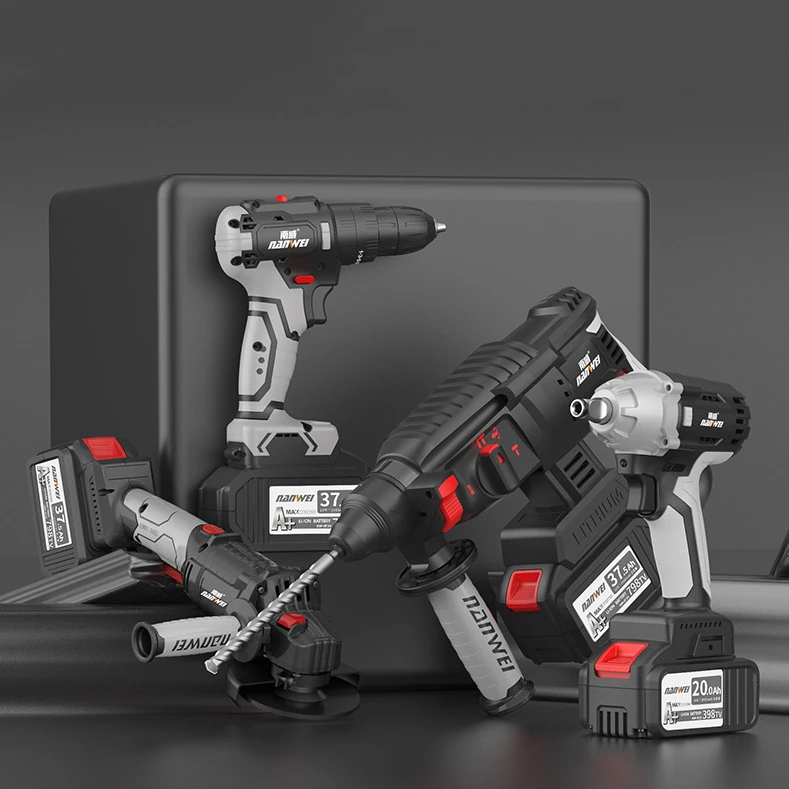
High Speed 12V Power Tools With Lithium Battery
Product Description Power Source Electric Biggest drill hole 16mm Customized support OEM Application Industry Dimensions 32mm Hammering frequency 6200 Frequency 6200 MOQ 1PCS Max. […]

High Quality Multifunction Battery Powered Drill For Sale
Warranty 1 years Voltage 21V Place of Origin China Brand Name MSK Model Number MSK-PT Power Source LI-ION BATTERY No-Load Speed 1350prm Drilling Diameter 10mm Features 1. Strong to […]
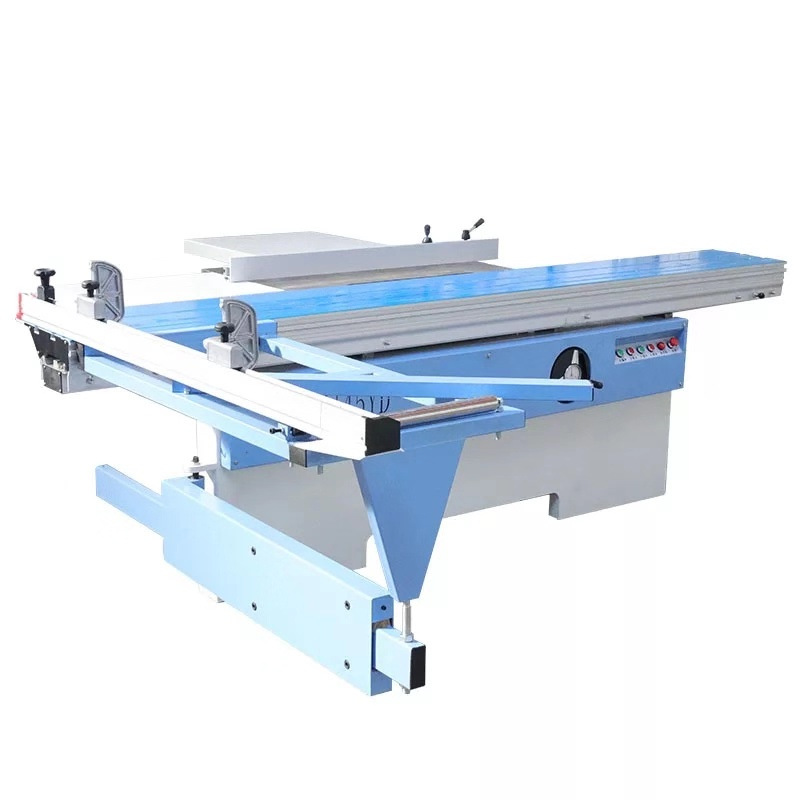
Miter Saw Trim Panel Machine
Product Information Brand MSK Maximum Processing Thickness 80 (mm) Type Panel Saw Maximum Processing Width 1250 (mm) Forms Of Work Fully Automatic Total Weight 600 (kg) Rate […]
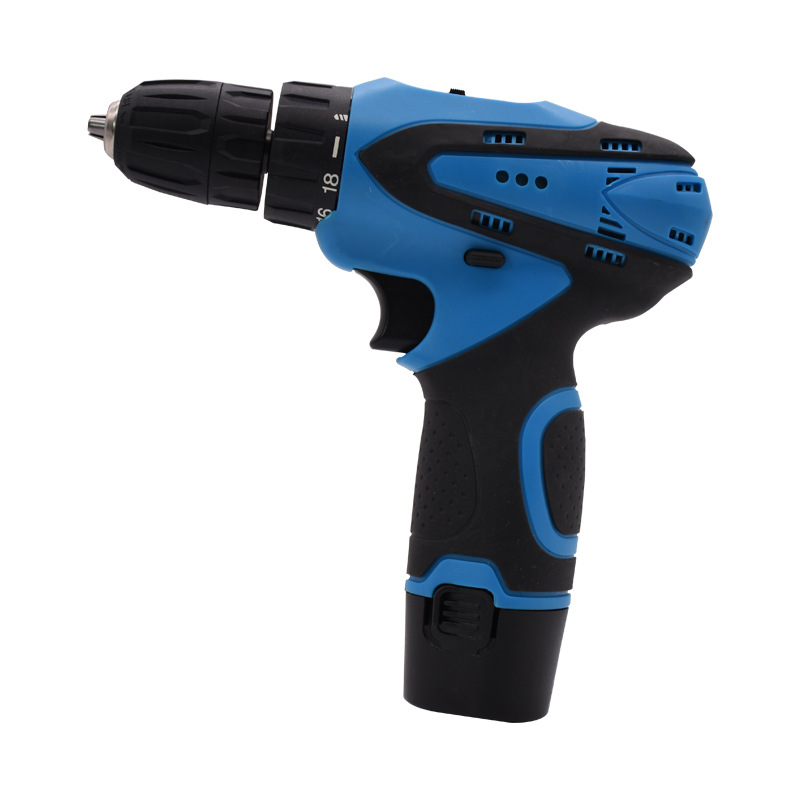
Power Tools Lithium Battery Power Drill Impact Drill
Product Information Brand MSK Power Type Rechargeable – Lithium Battery Technology Drill Holding Method Drill Chuck Forward And Reverse Direction About Scope Of Applic […]
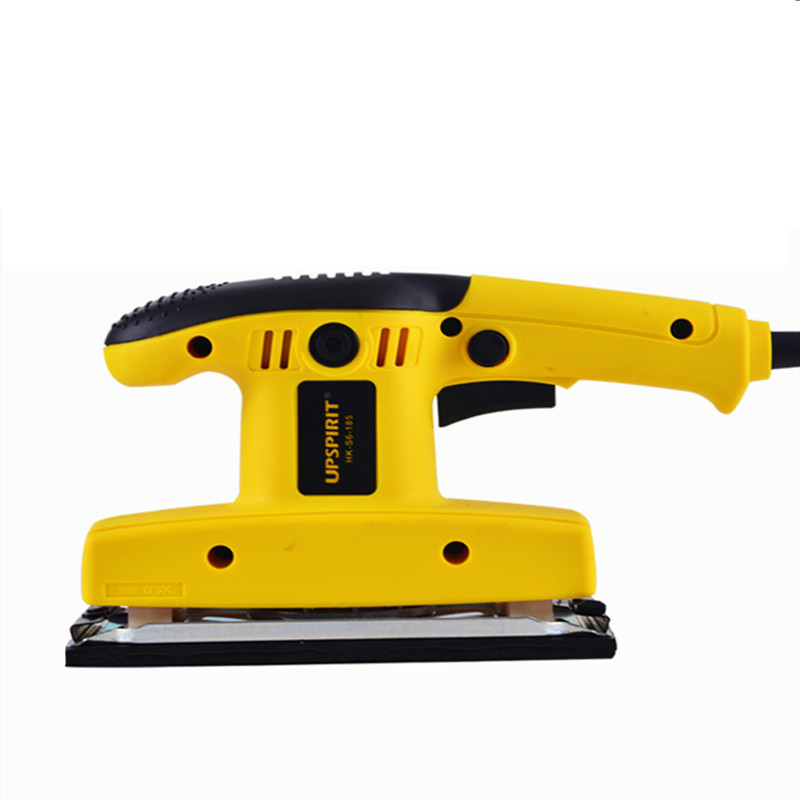
Belt Machine Floor Sander
Product Information Brand MSK Sandpaper Size 110*100 Scope Of Application Woodworking, Sheet Metal Putty, Facade, Metal Derusting And Polishing Appendix Export Standard, Eur […]
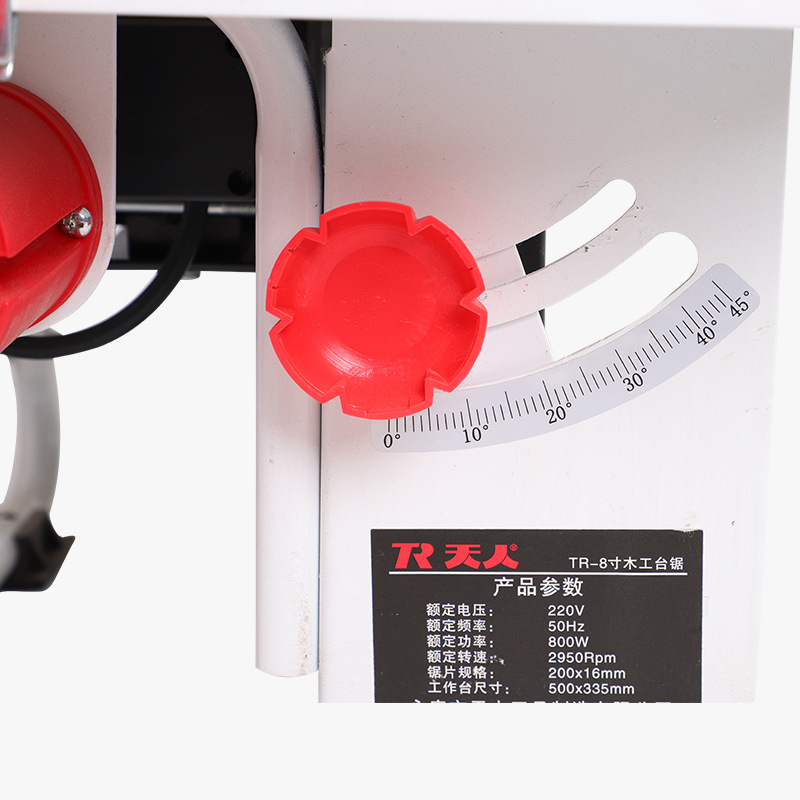
Woodworking Tools Woodworking Table Saw
Product Information Origin MSK Rated Voltage 220V Type Table Saw Scope Of Application Home Renovation Cutting Depth 45-27 (mm) Power Type AC Power Rated Input Power 800 (W) […]
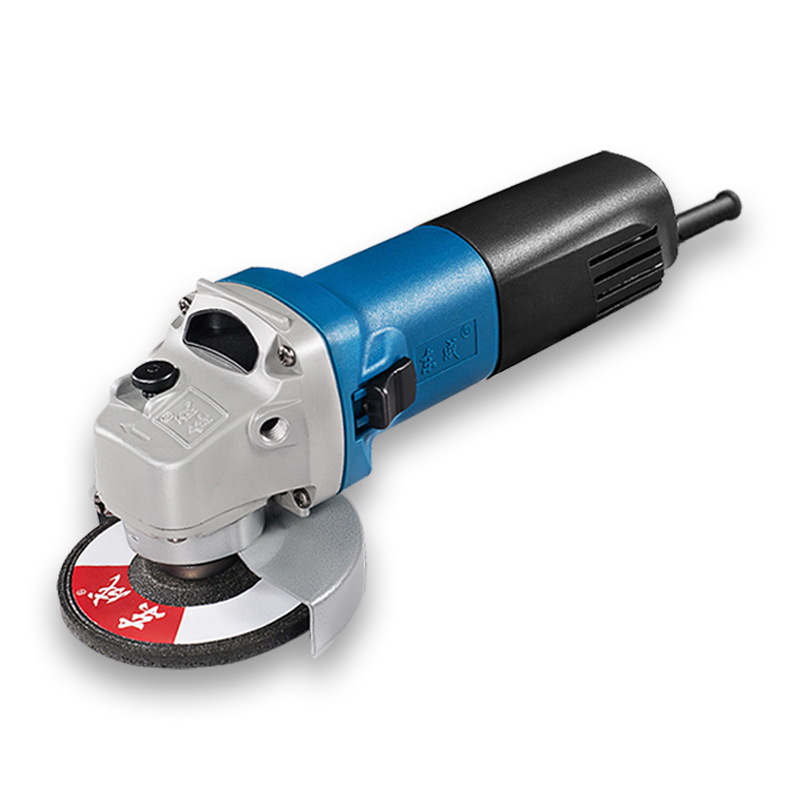
Home Cutting Machine Hand Grinder Power Tools Grinder
Product Information Brand MSK Model Electric Angle Grinder Scope Of Application Cutting, Grinding Appendix Wrench, Carbon Brush Rated Voltage Range AC Single-Phase And DC 50 […]
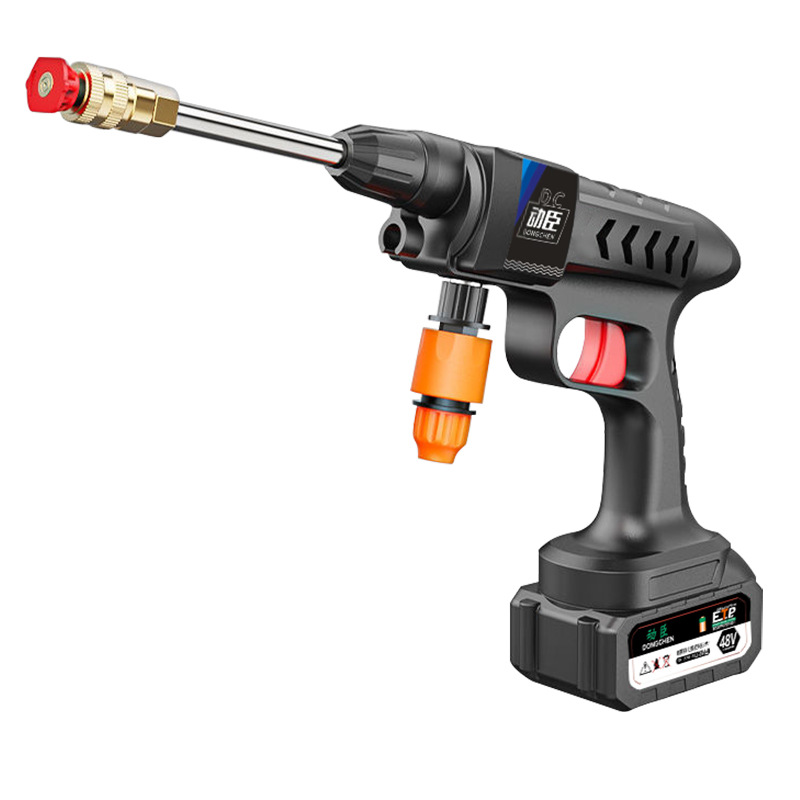
Factory Wholesale High Pressure Water Gun Wireless Lithium Battery Car Wash Gun Charging Portable Car Wash Machine Brush Car Wash Machine
Product Information Brand MSK Work Pressure 30bar Material ABS Flow 3L/min Outlet Pipe Length 5 Meters Weight 2.5kg Power Cord Length Charger 1 Meter Power 180W/360W Power S […]
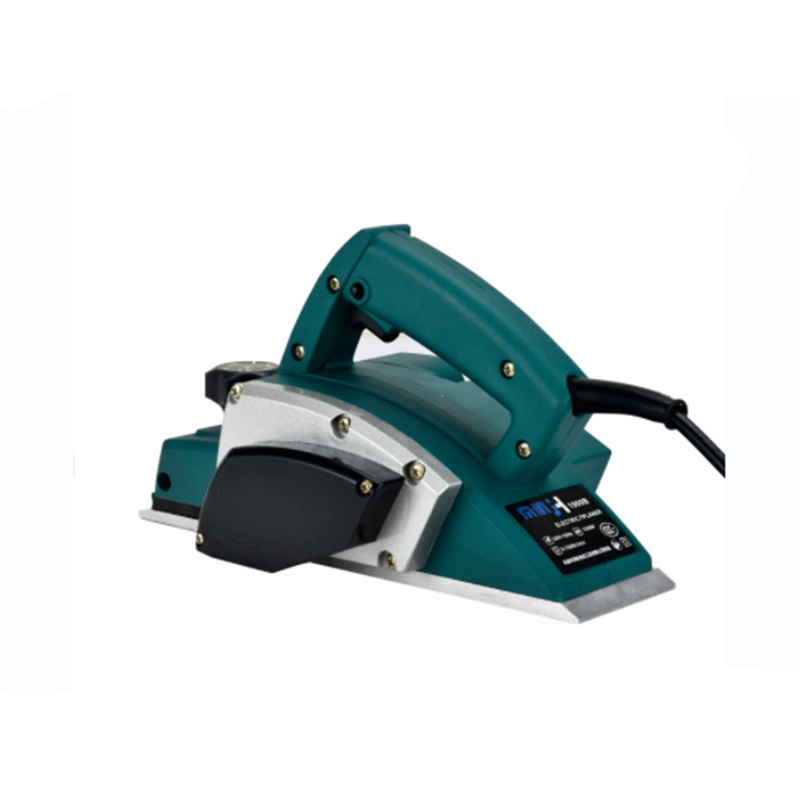
Wookworking Tool Electric Hand Planer
Product Information Brand MSK Power Type AC Power Power Cord Length 1.8 Rated Voltage Range AC Single-Phase And DC 50V Above 250V And Below Scope Of Application Carpentry Vo […]
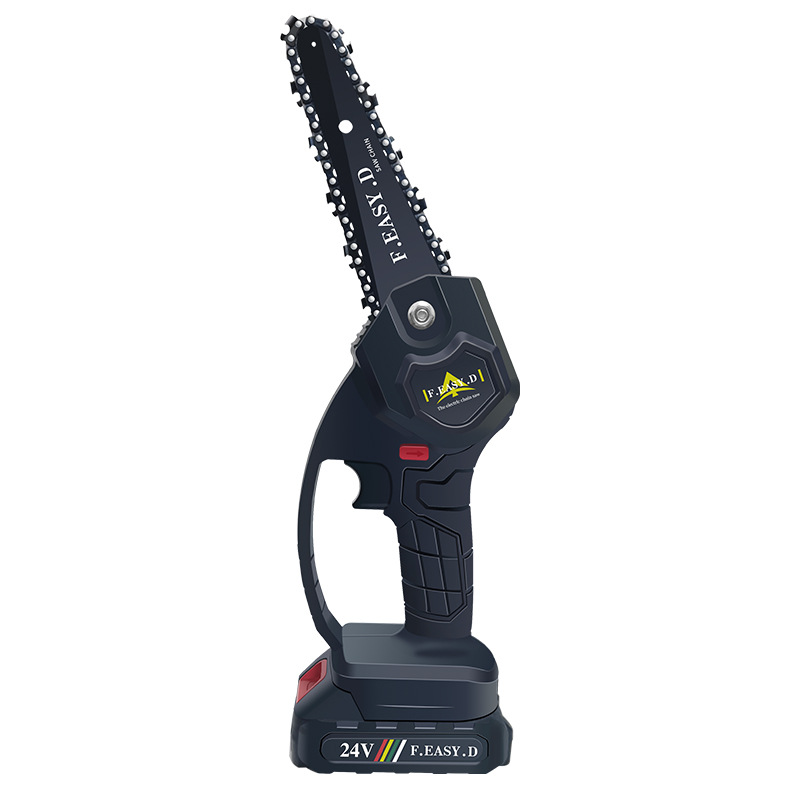
Battery-powered Cordless Chainsaws
Product Information Brand MSK Voltage Twenty Four Battery Power 2000 Standard Accessories Guide Chain Scope Of Application Pruning, Logging, Cutting Power Type Rechargeable […]
Post time: 2023-06-27
